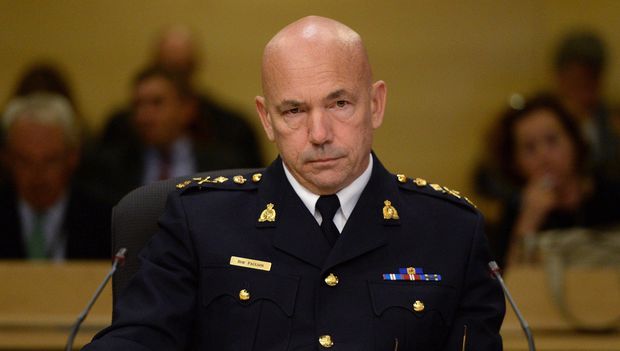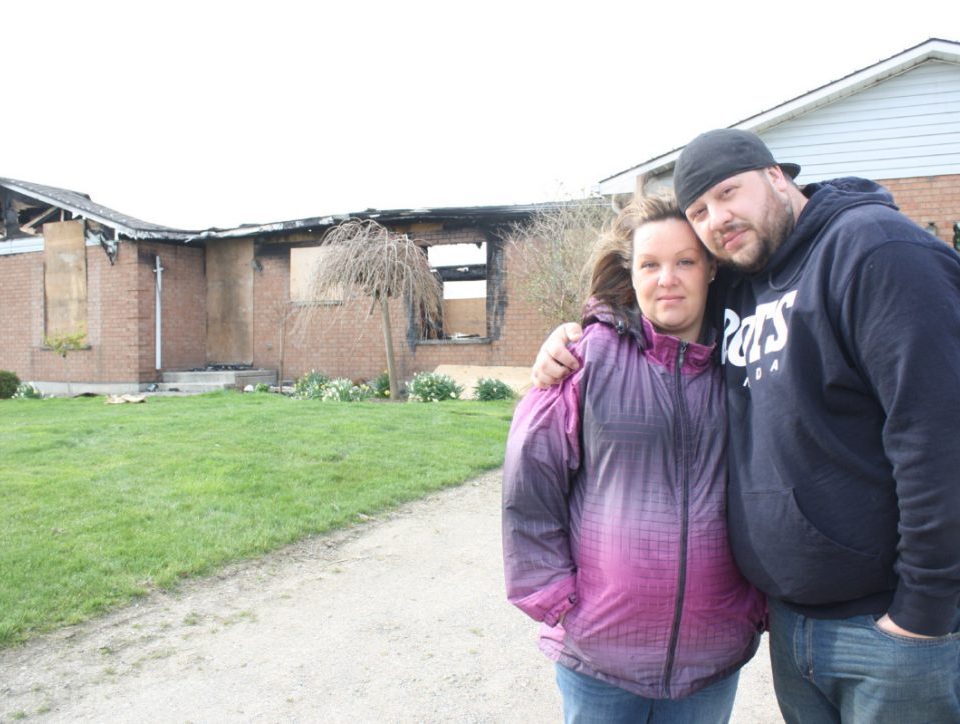Federal authorities seek peace bonds for two suspected extremists

Arrest shows police using new strategy to charge suspected extremists
October 30, 2014Ever Fresh Direct Foods Inc. v. Jamia Islamia Canada Ltd., 2014 ONCA 898 (CanLII)
December 5, 2014Federal authorities have taken steps to impose ‘preventive’ conditions on two suspected extremists in Canada as security officials resort to an array of seldom-used legal methods to fight domestic terrorism.
In addition to measures such as passport seizure and attempts to deport suspected extremists, officials have also been pressing the federal government for greater investigative and prosecutorial powers.
Senior Crown prosecutors told Parliament last week they are seeking peace bonds in the two new cases, though details, including names, are not being disclosed.
Peace bonds, which are sought in a variety of criminal cases, force individuals to promise judges they will maintain public order, or risk jail time for breaching conditions.
The burden of proof is low, and suspects need not necessarily be charged with any crimes.
RCMP Commissioner Bob Paulson told Parliament last month that the legal thresholds remain too high for counterterrorism detectives to obtain peace bonds. Officials have been pressing for greater powers since two Canadian Forces soldiers were killed in separate attacks by alleged extremists last month.
The public knows of peace bonds mostly from cases where judges have attempted to neutralize threats posed by organized-crime gangs or perpetrators of domestic violence.
In 2001, Parliament passed the Anti-Terrorism Act, which adapted the pre-existing power for terrorism cases. The Criminal Code now reads that any “person who fears on reasonable grounds that another person will commit … a terrorism offence may, with the consent of the Attorney General, lay an information before a provincial court judge.” These judges can, in turn, summon the suspects to court and compel them to agree to conditions.
This power is distinct from “preventative arrest” anti-terrorism powers Parliament also passed in 2001. Legal critics and MPs have always been apt to focus on that never-used tool and overlook the terrorism peace-bond clause. “As absurd as it is to think that a recognizance could be efficacious in the circumstances … this amendment is unobjectionable,” Gary Trotter, now a judge, wrote in an essay at the time the law was passed.
Yet police and prosecutors now seem inclined to see the power as a tool that may succeed where others fail. Peace bonds can, for example, impose restraints on an individual’s movements and associations, and it is also a signal that authorities are keeping a watchful eye.
Public Prosecution Service of Canada (PPSC) officials made mention of the two new cases last week when they testified to a Senate committee on national security and defence. At the time, they were explaining that authorities had imposed only six peace bonds in 13 years, nearly all of them as part of a plea deal against fringe members of the 2006 “Toronto 18” conspiracy.
“In addition to the Toronto 18 … I have signed consents for two others,” George Dolhai, a senior PPSC lawyer, told the Senate Monday. He and his colleagues added that they had ‘recently’ secured top-level clearance on the two new peace-bond bids, the first step in the process.
PPSC director Brian Saunders told the Senate that, compared with a prosecution, “the standard is lower, but there has to be credibly based evidence presented to a judge to convince a judge that restrictive measures should be placed on an individual.”
It is not known whether any judges have signed off on the new bids to curb the unnamed suspects’ freedoms. The Globe has asked the PPSC, the RCMP, and the Attorney-General of Ontario for specifics, yet government officials will not provide any.
“Only in the event that an investigation results in the laying of criminal charges would the RCMP confirm its investigation, the nature of any charges laid and the identity of the individual (s) involved,” Sergeant Greg Cox said in an e-mail.
Mississauga lawyer Anser Farooq represented one of the Toronto 18 accused who was offered a peace bond as prosecutors dropped charges. In an interview, he said his client’s recognizance – to keep the peace – was no different than an allegedly abusive husband might face.
Mr. Farooq added that a peace bond can be a face-saving move by the prosecutors if a case is otherwise falling apart.




